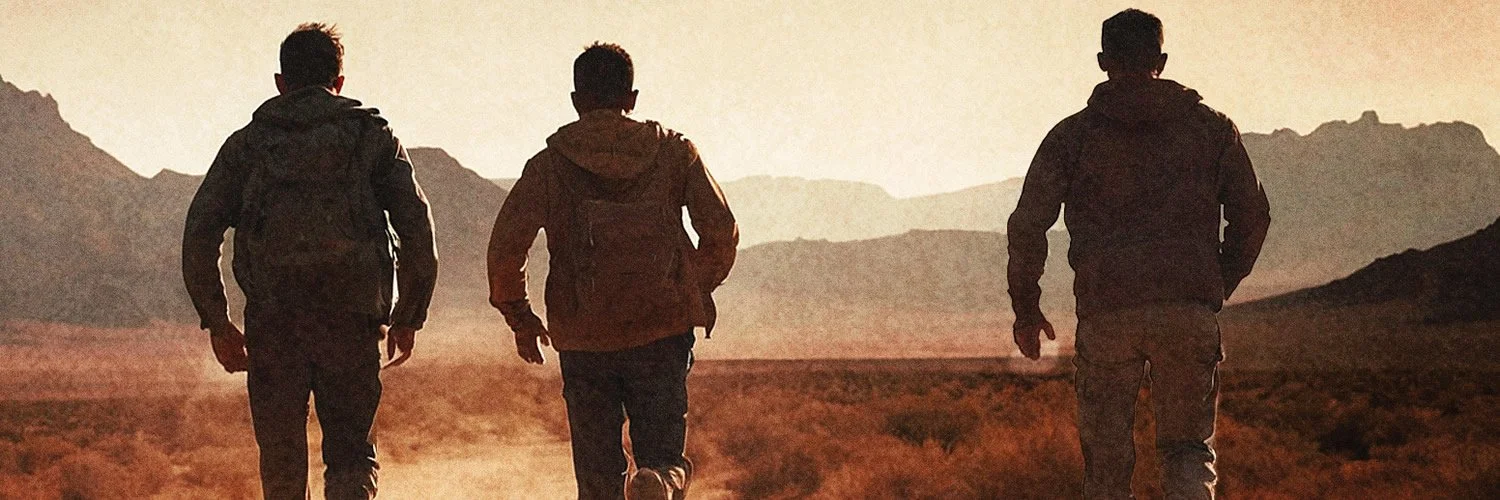The Noatak Valley of Alaska is remote, stunningly beautiful, and still missing many of the accoutrements of modern urban life. Most of its inhabitants are Alaska Native, still hunting and gathering the necessities of a rich and secluded life.
The heavy door shuddered as Wyatt threw his shoulder against it, stumbling into the overheated cabin. He wiped caked snow from his eyebrows and trimmed beard. “I not hear your machine,” said Agatha, rushing across the tiny room to help her husband from his Parka. She hung it on a peg behind the tiny decorated tree.
“Broke down about a mile from here. The storm hit about an hour after the helicopter took off with Travis. It must be blowin’ fifty out there. Thank God it’s just spittin’ snow and not too cold. Easy walk except for the wind.”
“How bad was the wreck?” Agatha asked. “The radio don’t say when they called us for help. Only says he crashed over on Snowshoe Lake. Two more minutes, he’d a been here.” “My brother got out before the Cessna burned. He was talking all goofy when I got there, all mixed up about Squirrel’s present. Kept talking about a Ruger when I ordered a Winchester. The Army paramedic on the rescue helicopter thinks it’s just a concussion. He broke both legs, but they will heal.”
“Can we go back tomorrow and salvage any of the supplies? What about the mail-order presents?”
“There is no reason to walk three miles and back. There’s just a pile of cinders and melted aluminum.”
Agatha poured a cup of tea and handed it to Wyatt. He pulled a chair over next to the wood stove and began unlacing his boots. He tugged off his canvas pants and hung them next to the tree. “You and Squirrel finished stringing the popcorn. Is Squirrel asleep?”
Agatha retreated to the table and picked up the otter skin parka she had been sewing. She pointed at the loft and smiled. “I’ll finish Squirrel’s new coat tonight.” Her hands looked tiny holding the long metal needle she used to sew leather. “We got our present. Travis is alive.”
The wind howled outside. The only sound inside the cabin was the crackle of burning spruce logs. Wyatt sat, nursing his steaming tea. He mentally took inventory of their supplies. Things would be tight, but they would be okay for a couple of months, plenty of time to get another order on an airplane from Fairbanks. “I’ll order Squirrel another .22 rifle. An eight-year-old boy should learn to shoot. He’ll be disappointed that there is nothing under the tree.”
“The village will be serving the Christmas Love Feast tomorrow,” said Agatha. “I wish the ham and the rest of dinner had survived.” She refilled her own tea mug. “I will bake a moose roast. We will use the last of our potatoes. I have canned corn.”
Her husband said nothing, just sat rubbing his feet. He glanced at his watch. “It’s after midnight. Merry Christmas to the prettiest girl in the Noatak country.”
Agatha smiled. “I guess Santa got lost in the storm, maybe. He’ll probably have to send his presents some other way,” she added looking up at the loft. “It’s time for bed.” The smell of frying Spam awoke both father and son. “Can we use the radio to see if Santa is really lost?” asked Squirrel. “Maybe he is looking for Thomas, that’s how I signed my letter to him.” The boy ate the last of his pancakes, staring at the tree.
“If he got lost, he’ll have to send his presents some other way,” replied Agatha. “Maybe the helicopter scared his reindeer but I’m glad that Uncle Travis is okay.” The boy excused himself and pulled on his canvass coat then tugged his hat and gloves from the line above the stove. “I’ll refill the woodbin.”
He tugged open the cabin door, and tripped, tumbling into the snow, then screamed.
Both mother and father were out the door instantly. There on the ground lay Squirrel. In front of him a roly-poly, long haired yellow puppy sat staring at him. The dog had a ribbon around his neck and a tag. “What’s the tag say?” asked a startled Agatha.
Squirrel pulled the puppy into his arms. He looked at the tag. “It says Ruger.”
###











